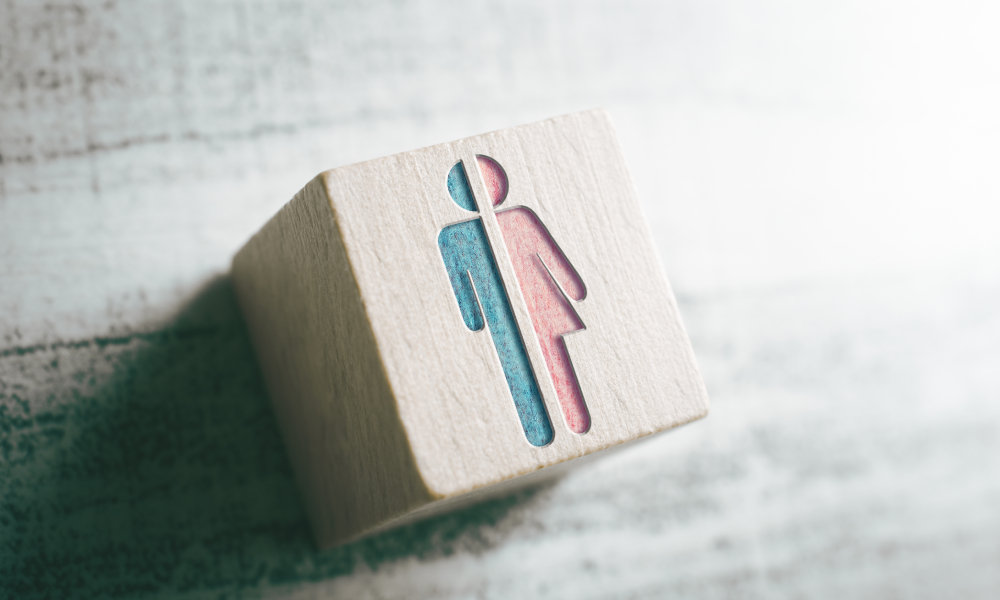
There is no excuse for the growing disparity

Australia may have topped the world’s list of countries advancing women’s education. But when it comes to other aspects of gender equality, it has fallen further behind other developed economies.
In the 2021 global gender gap index of the World Economic Forum, Australia witnessed yet another year of decline across a variety of categories. Overall, it slipped six places to No. 50 in a ranking of 156 countries.
Just 15 years prior, Australia was at No. 15. Today, it lags behind New Zealand (4), the UK (23), Canada (24), and the US (30).
Read more: Are lockdown measures hurting women’s chances of recovery?
On the issue of economic participation, Australia plummeted to No. 70 after reaching No. 12 in 2006. The decline is in stark contrast to the fact that it outperforms all other countries when it comes to giving women equal access to education.
Economic participation, as a measure of gender equality, includes factors such as pay equity and women’s labour force participation. It also considers the number of women who take on technical and professional roles and those who rise through the ranks to executive positions.
Another factor where Australia has underperformed significantly is in the area of women’s health and survival. The country fell from No. 57 in 2006 to No. 99 this year.
Indeed, the COVID-19 crisis is one of the factors behind this trend – not only in Australia – but also across the world. “The pandemic has fundamentally impacted gender equality in both the workplace and the home, rolling back years of progress,” said WEF managing director Saadia Zahidi.
Read more: The pandemic is taking a toll on women's career growth
As the WEF data showed, however, Australia had already been grappling with the gender gap long before the crisis hit. Women’s advocate Senator Larissa Waters pointed out that the country’s COVID response appears to lack consideration for the struggles of women.
“We should be proud that we remain global leaders in educational parity, but there is no excuse for the growing gender gap in Australia’s economic opportunities, health outcomes and political empowerment,” Senator Waters said.
“We need to see action to reverse the decline. The government needs to implement the Respect@Work recommendations; legislate to end the gender pay gap and extend the remit of the Workplace Gender Equality Agency; make early childhood education free; fix paid parental leave; and make it easier for businesses to implement flexible working arrangements,” she said.